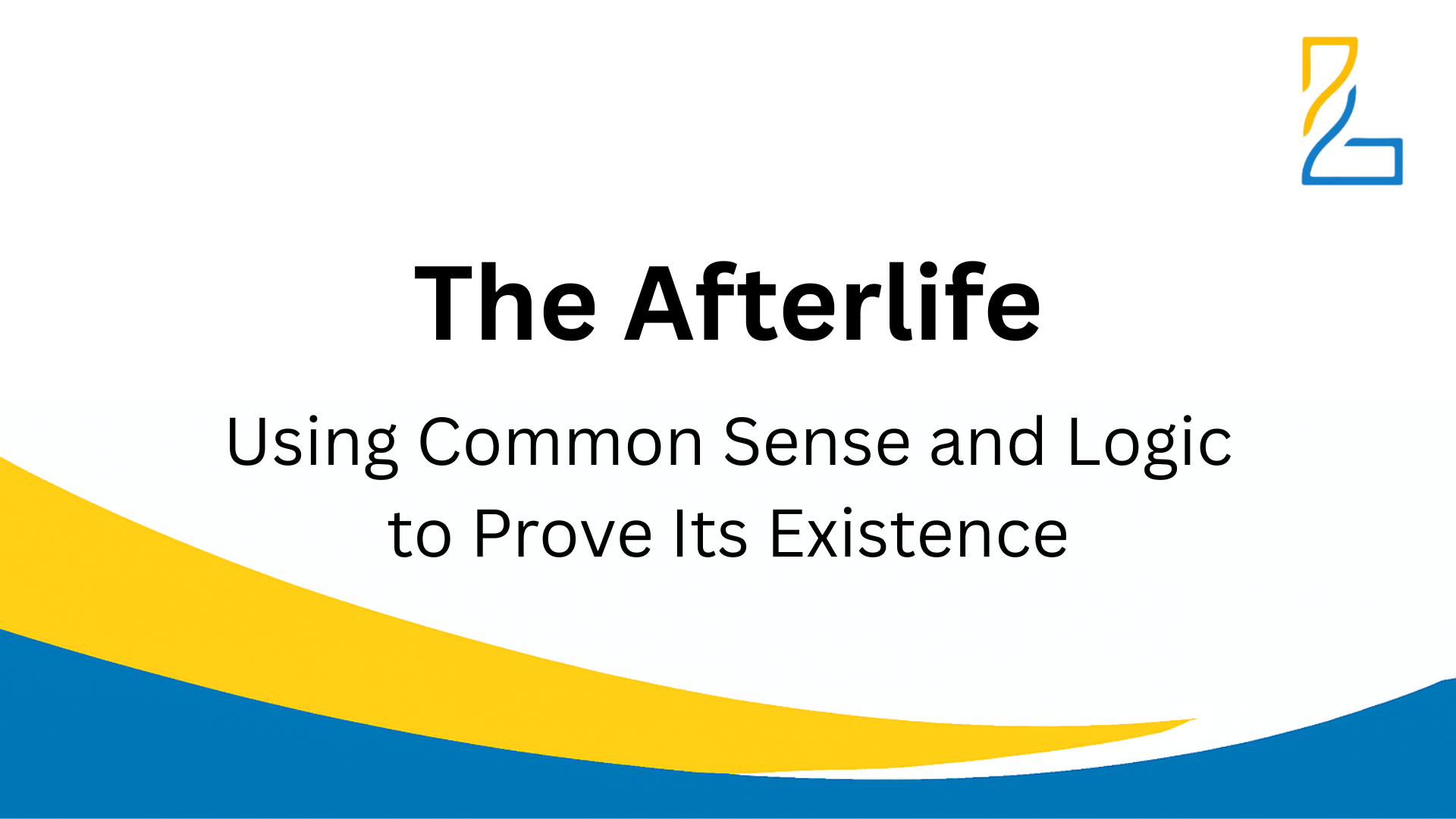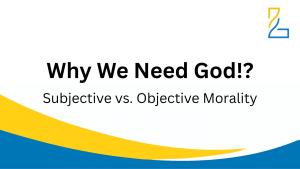The Afterlife: Using Common Sense and Logic to Prove Its Existence
When we go to sleep, we lose consciousness. Yet, during that time, we still experience something profound—dreams. In these dreams, we see, hear, and even speak, as though we are living out a different reality. This phenomenon presents us with an important question: if we can experience a different reality while unconscious, is it so hard to imagine that after death, we may also enter another kind of reality? After all, dreams suggest that we have the capacity for experiences beyond our physical reality. Could this be evidence that death, too, might lead to another form of existence?
While the idea of an afterlife cannot be proven through the same scientific methods we use for the physical world, the very existence of dreams presents a philosophical and logical argument for life after death. Dreams are our mind’s way of accessing another reality, completely independent of the physical world. If we can experience an entire world in our dreams while unconscious, why couldn’t we transition to another reality after death?

The Justice of Afterlife
Let’s take this reasoning a step further with an example. Consider Hitler, a man who caused the death of millions of innocent people. He committed suicide to escape accountability for his actions. Does this seem like justice? Shouldn’t a person like Hitler face real consequences for his actions? Shouldn’t he be punished, tormented, humiliated for what he did?
In this world, we know that true justice can never be fully realized. Many people commit horrendous acts and escape accountability in their lifetime. We have laws, but some wrongdoers still evade punishment. The truth is, this world doesn’t always allow for the justice that we feel is deserved.
But what if there is more than just this world? If we believe in a just God—a ruler and judge of the universe—then justice must extend beyond this life. The end of our physical lives can’t be the final verdict. If there is no afterlife, then those who commit evil deeds will never face proper consequences. But if there is a God and a judgment day, then there must be an afterlife where all accounts are settled, and true justice is served.
The Deductive Proof for the Afterlife
In previous blogs, we’ve logically deduced the existence of God, the Creator and Judge of the universe. If God exists, and He is just, then it is only reasonable to conclude that there is an afterlife. After all, God’s justice would require it. If the wicked are not held accountable in this life, it would be unjust for their actions to go unpunished forever. The afterlife—where we face the consequences of our actions—becomes the logical continuation of justice, a reality where our lives and choices truly matter.
Without an afterlife, life would have no real meaning. It would be as if we were just wasting time, and there would be no ultimate reason for any action, good or bad. If this life were the only existence, then death would be the end—nothing more. But if we embrace the idea of an afterlife, then every decision, every choice, and every action becomes part of a larger, meaningful story.
A Parallel to the Mobile Phone
Consider this analogy: You have a mobile phone. At some point, it stops working. It is no longer useful in its current form, but that doesn’t mean it simply disappears. The phone is either thrown away or recycled. In its next phase, the materials are repurposed, given new life in a different form.
This concept is not unlike the idea of life after death. Just as the mobile phone does not simply end when it ceases to function but is instead transformed, we too undergo a transformation. Life does not end when we die; it changes form. Our physical bodies may decay, but our souls or consciousness—the very essence of who we are—might continue in a new form, in a new reality. This is the basis of the idea of life after death.
The Law of Conservation of Energy tells us that energy cannot be destroyed; it only changes forms. If this is true for the physical world, it stands to reason that life—or the essence of life—might also follow a similar principle: it does not end with death; it simply transforms.
The Meaning of Life Without the Afterlife
If we deny the existence of an afterlife, we risk stripping life of its meaning. If there is no accountability after death, there is no ultimate reason for morality or good behavior. People would have no incentive to act justly if their actions had no lasting consequences. But the fact that we have laws, governments, and systems of justice shows that there is a sense of accountability in this world. Afterlife provides the ultimate accountability, where there is no escape, no loophole, and no finality without judgment.
Conclusion: Life and Afterlife are Inseparable
The idea of the afterlife is not merely a comforting thought—it is philosophically and logically necessary. Dreams provide us with a glimpse into a reality beyond the physical world, and this should lead us to consider the possibility of another existence after death. Without an afterlife, life would lack purpose. The suffering of millions, the injustice of unchecked evil, and the yearning for justice all demand the existence of a higher realm, where true justice and meaning are realized.
Just as a mobile phone does not simply disappear when it is broken but is repurposed, so too does life continue beyond death. Life doesn’t end; it changes its form. This change, this transformation, is the essence of the afterlife. The reality we experience is not the only reality. Just as we live in one dimension now, we may continue in another after death.
The afterlife is not just a possibility; it is the only explanation for justice, meaning, and purpose in this world. Use common sense—if there is no afterlife, there would be no ultimate accountability, and life would be meaningless. Moreover, there will be no “common sense”. But the truth is, there is an afterlife, where justice will prevail and life will continue in a new form.




